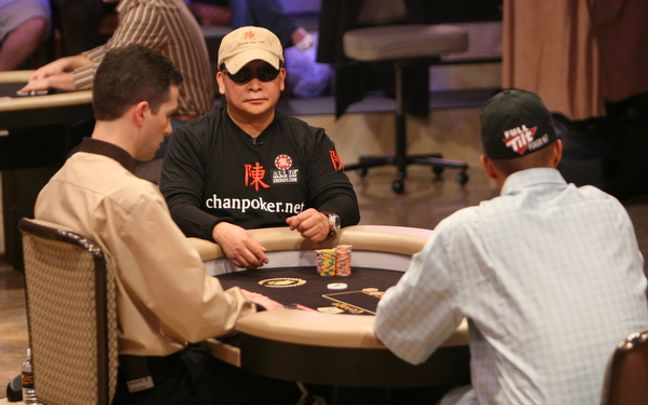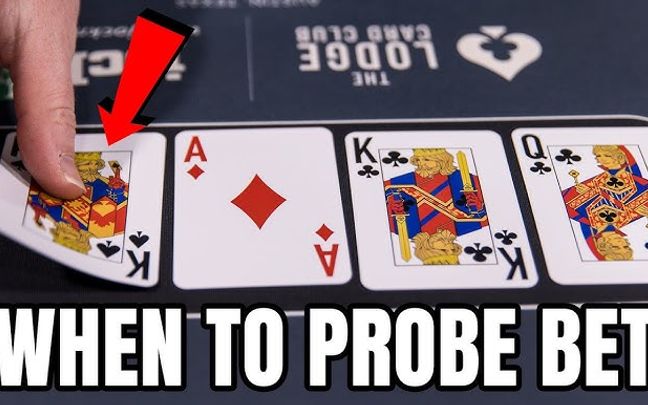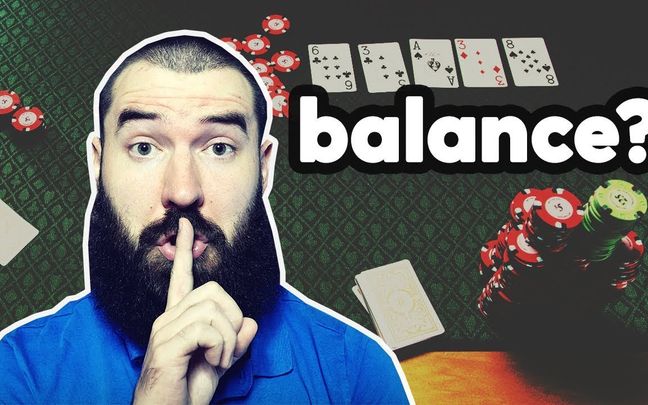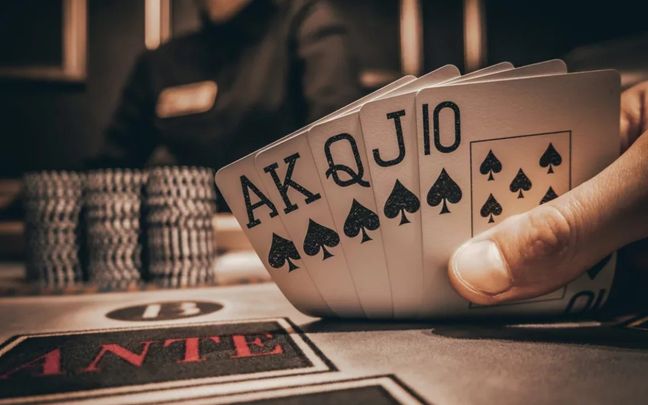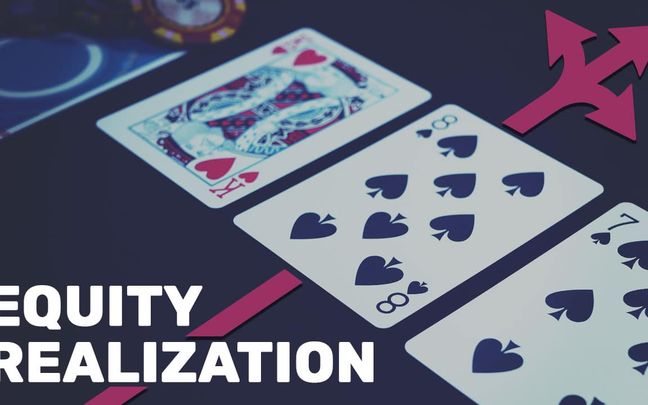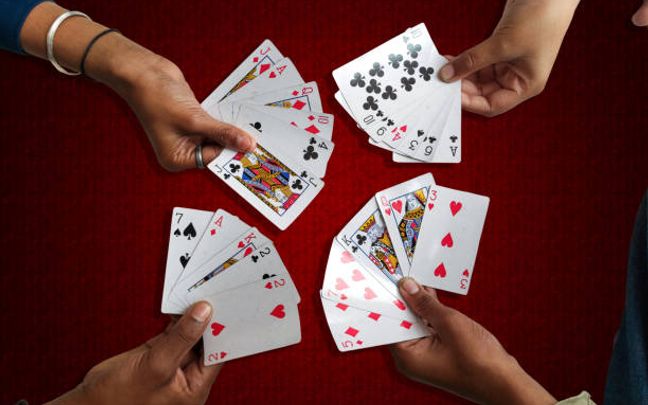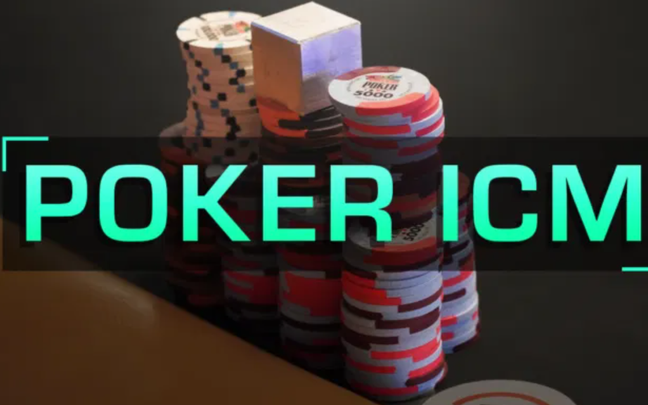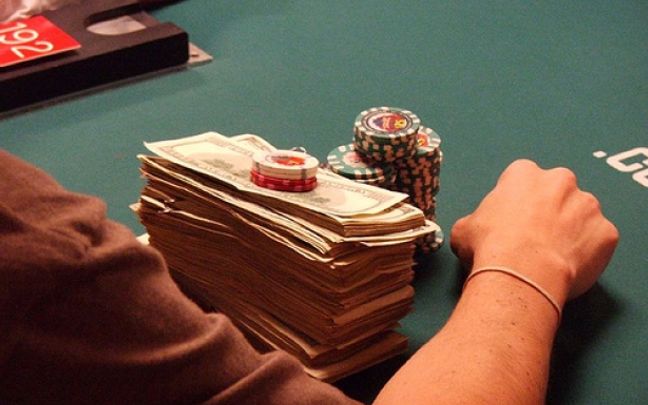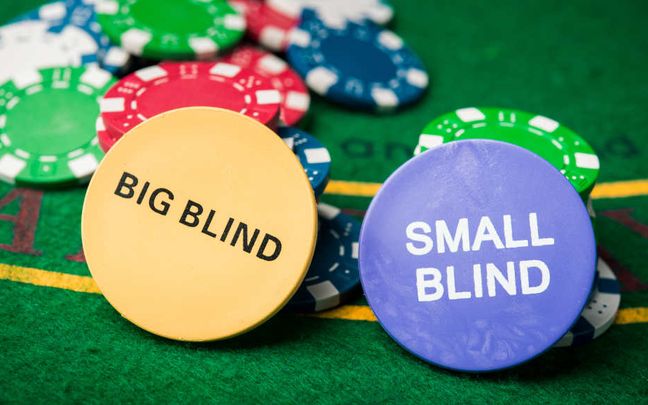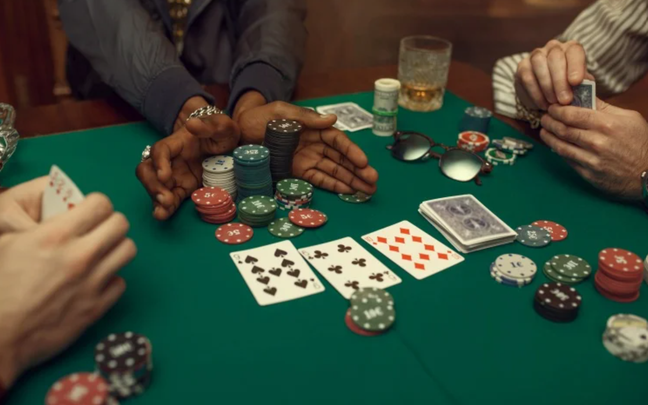Position in poker plays a crucial role in shaping a player's strategy and chances of winning. This article will help you understand how to leverage the advantage of position to optimize your poker game.
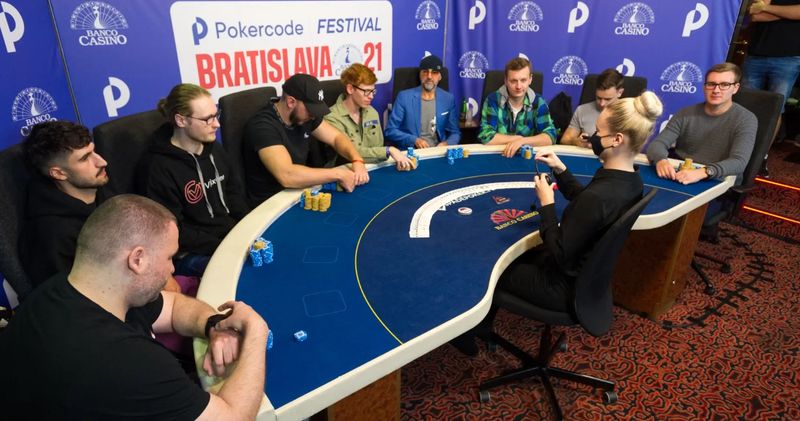
What is Position in Poker?
Position in poker is a very important concept, especially in games like Texas Hold’em and Omaha, where your decisions are influenced by your seating position relative to your opponents. Understanding position will help you gain a strategic advantage, optimize your decision-making process, and make the right moves to increase your chances of winning.
In poker, your position is determined by where you are seated around the table, counted clockwise from the dealer. Typically, your position will change after each betting round, so you will experience all positions throughout the game. Your position is not just about your seating order but also has a significant impact on your strategy. There are three main position categories in poker:
Early Position (EP): These are the seats immediately following the big blind, usually the first two to three players. Players in early position have to act first in the betting round, which means you must make decisions without much information about your opponents' actions. This position is often considered disadvantageous because decisions are made with limited information.
Middle Position (MP): These players sit in the middle of the table, typically ranging from the third to the sixth seat, depending on the number of players. Middle position is generally safer than early position, but still not highly advantageous. Players here will have more information than those in early position but still need to be cautious when making decisions.
Late Position (LP): This includes the players sitting towards the end of the table, including the dealer and the player immediately to their right. This is considered the strongest position because players here can observe all actions before it's their turn. Players in late position generally have better control over the game, as they can assess the situation and make more informed betting decisions.

The Importance of Position in Poker Strategy
Position in poker is an extremely important factor that affects each player's strategy. The order of your actions can determine the success or failure of a hand, as it directly relates to the amount of information you have about your opponents before making a decision.
Specifically, when you are in a late position, you get to see the actions of all the opponents before you, which allows you to evaluate the situation and make more accurate decisions. If all the players before you have folded, you can take advantage of this opportunity to make a big bet, putting pressure on the remaining opponents and potentially winning without having to show your cards.
On the other hand, when you are in an early position, you must act without knowing what your opponents will do, which requires you to play more cautiously and only enter with strong hands. If you choose to bet or raise, you must be prepared to face counterattacks from the players who act after you, as they have the advantage of reacting to your moves. Therefore, players in early position need to be more cautious and select their hands more carefully to avoid unnecessary risks.
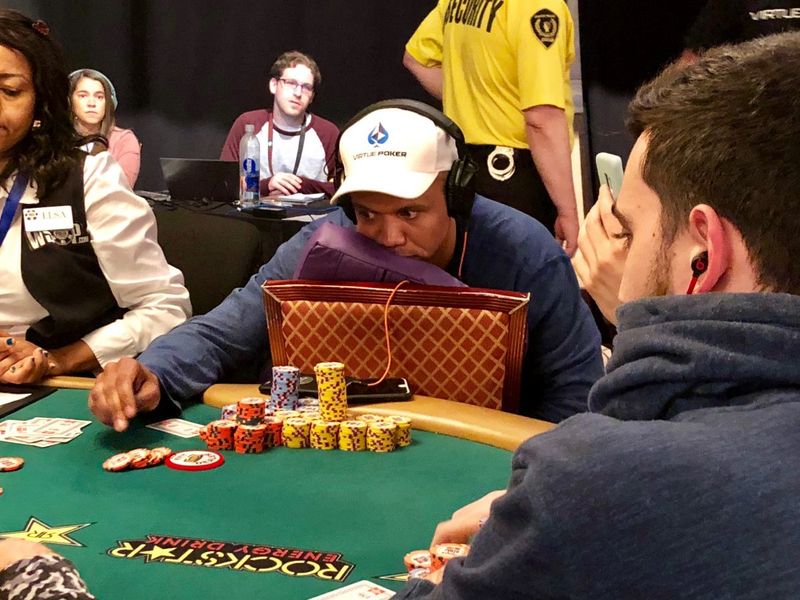
Poker Strategy Based on Position
Poker strategy based on position is crucial for optimizing decisions in every hand. Players often adopt a "tight" (conservative) or "loose" (aggressive) approach depending on their seating position.
Playing Tight in Early Position
In early position, you need to be cautious and only play strong hands because you are the first to act without knowing your opponents' responses. Playing tight helps minimize risk and avoid being counterattacked by players who act later. For example, you should only participate with strong hands like AA, KK, or AK.
Playing Loosely in Late Position
On the other hand, in late position, you can play more loosely and flexibly because you have the advantage of seeing your opponents' actions. When everyone else folds, you can make a large bet to apply pressure on the remaining players, even if your hand is not strong. This allows you to take advantage of the opportunity to deceive or create winning chances by acting last.
In conclusion, playing poker effectively requires adjusting your strategy based on your position. In early position, you should play tight and safe, while in late position, you can play more flexibly and use the information from your opponents to gain an edge.

Position and Psychology in Poker
In poker, position not only provides an informational advantage but also strongly influences the psychology of your opponents. Players in late position can use this advantage to apply pressure on those who act before them. This not only helps you make more accurate decisions but can also force your opponents into making unwanted moves.
When sitting in late position, you can observe the actions of the players before you, allowing you to make more confident decisions. If all the opponents before you have folded, you can make a strong raise to take control of the pot without needing to show your hand. This can put your opponents in a difficult position: either they fold and accept defeat, or they call and risk a costly bet. By creating this uncertainty, you increase the chances of your opponents making irrational decisions.
Moreover, in late position, you can control the pace of the game. You can choose when to attack or remain passive, making it difficult for your opponents to predict your strategy. When used effectively, this strategy not only gives you a tactical advantage but also allows you to control your opponents' mindset, causing them to make mistakes or poor decisions during the hand.
In conclusion, beyond providing valuable information about your opponents' actions, late position also offers a significant psychological advantage. You can apply pressure, control the rhythm of the game, and force your opponents into tough decisions, ultimately increasing your chances of winning.
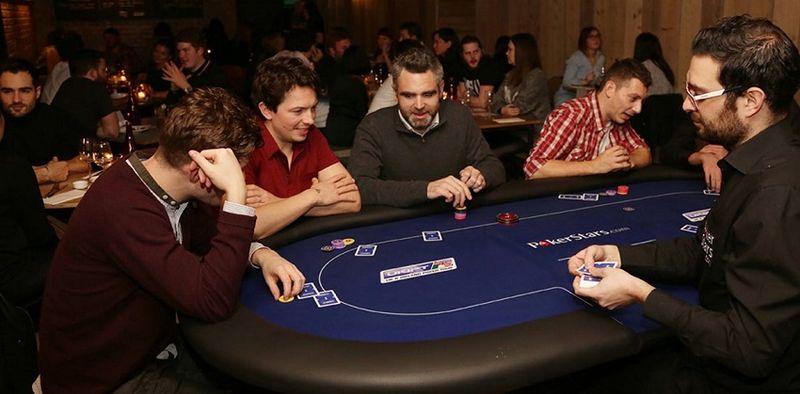
Understanding and leveraging position in poker is an essential skill for anyone looking to improve their game. You must be fully aware that your seat position can influence your playstyle, decision-making process, and even your odds of winning in each hand.
Developing a strategy that is tailored to your position allows you to not only optimize your advantages but also minimize risks, thereby increasing your chances of success in this strategic and calculated game.

